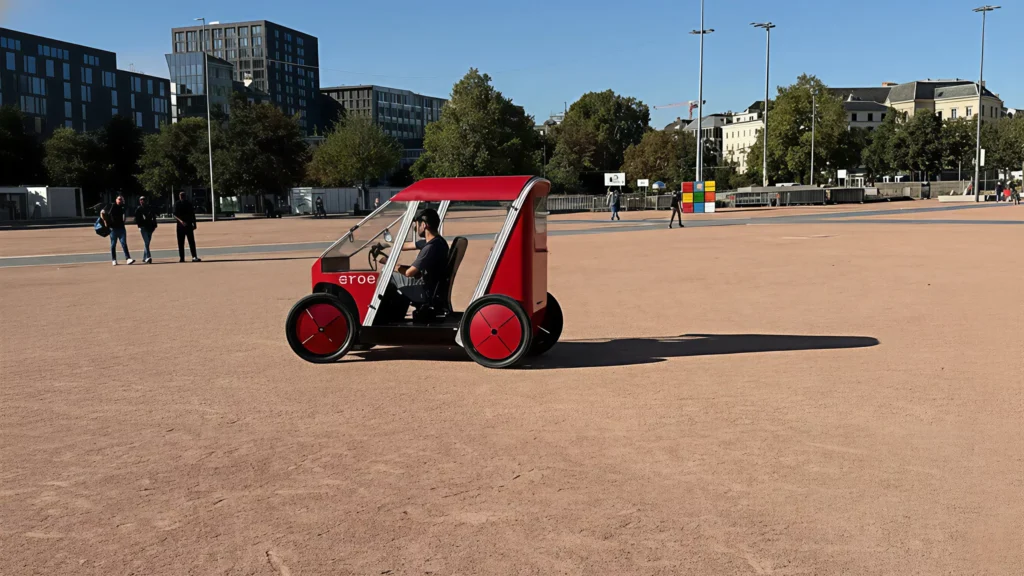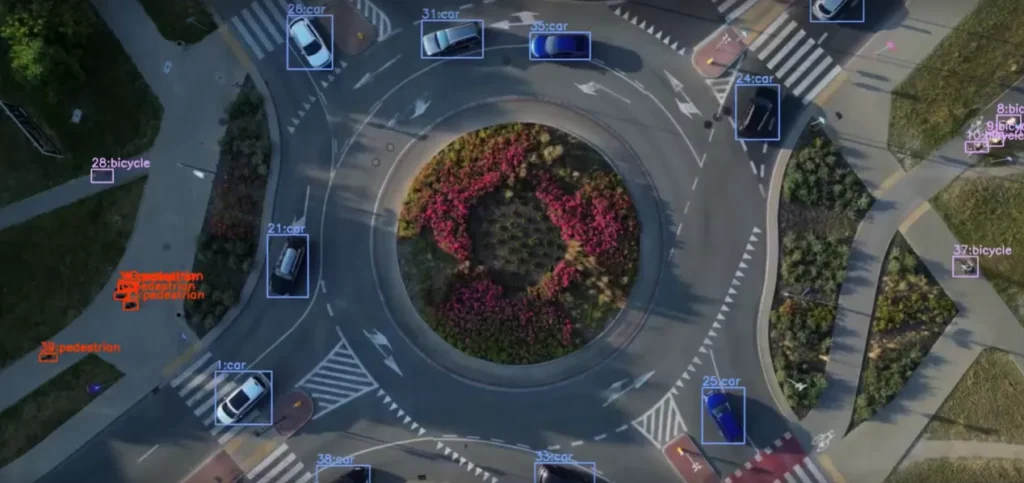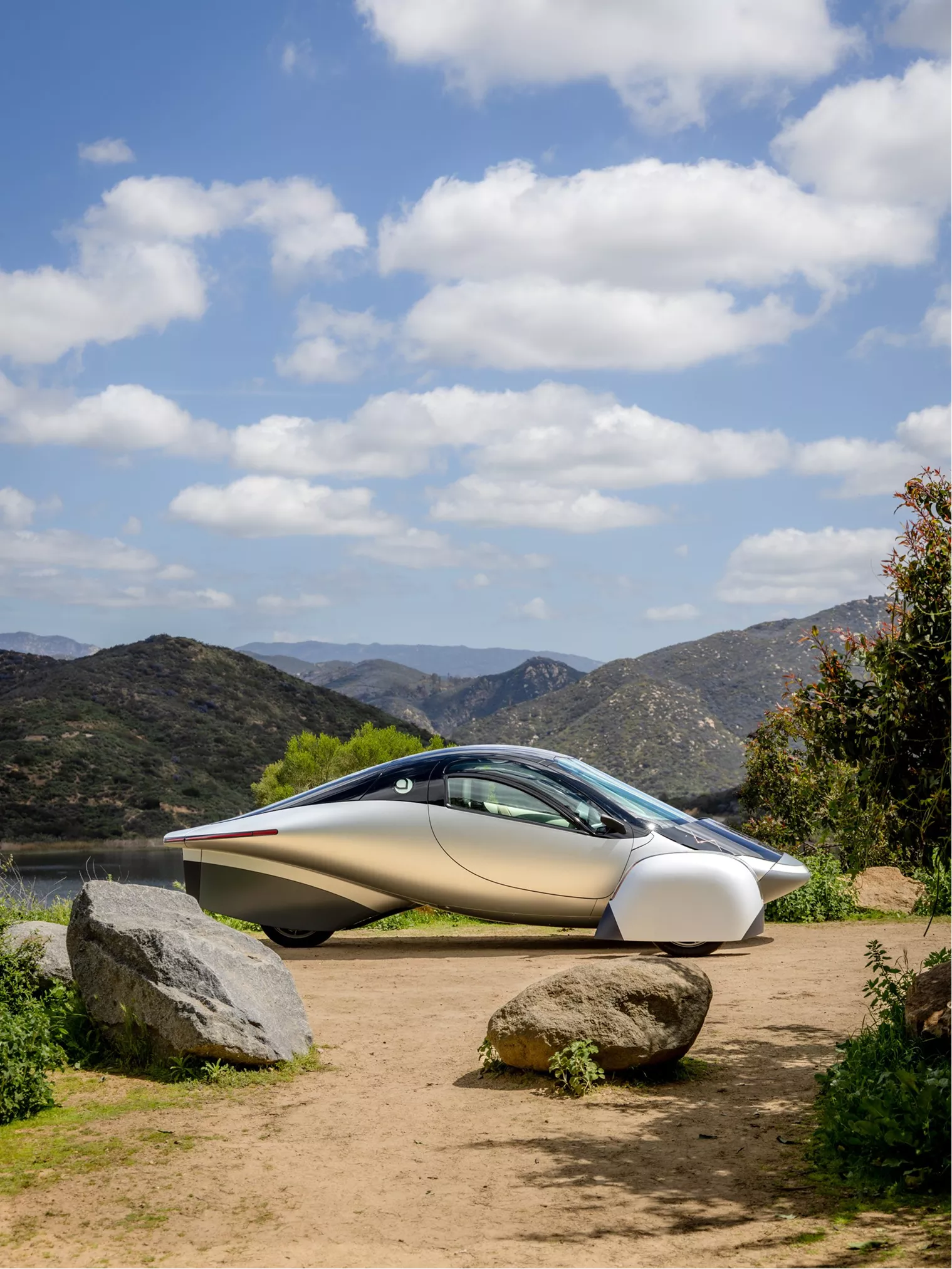






From EVs and batteries to autonomous vehicles and urban transport, we cover what actually matters. Delivered to your inbox weekly.
Malaysia wants to lead Southeast Asia in building electric vehicles and batteries. That’s the message from the Malaysia Automotive, Robotics and IoT Institute (MARii), which announced plans to grow the country’s role in EV manufacturing.
MARii CEO Azrul Reza Aziz said the country is shaping its industrial strategy around electric transport — from battery systems and vehicle assembly to software and components.
The announcement ties into a wider update of the National Automotive Policy (NAP). The revised policy will focus on growing the EV sector and attracting investment into the supply chain, especially in areas like battery production and mobility tech.
“Our National Automotive Policy (NAP) 2020 outlines a clear vision to drive Malaysia towards becoming a regional hub for next-generation vehicles, mobility accessories, and Industry 4.0 technologies,” said MARii chairman Datuk Aminar Rashid.
“In parallel, Malaysia’s new Industrial Master Plan 2030 reinforces our direction that challenges us to move towards high-value, high-technology industries while embracing sustainability and inclusivity.”
Malaysia already has experience in electronics and precision manufacturing. MARii points to that base, along with a skilled workforce and regional trade access, as key advantages. The government says foreign investors are showing strong interest in the country’s EV plans.
“MARii will pave the way toward a sustainable, inclusive and resilient future built on collaboration, innovation and a clear purpose,” said Aminar.
“No single player can navigate this shift alone as it requires governments, industries, academia, financial institutions and consumers to work together not only within our borders but also across ASEAN and beyond.”
The push goes beyond just building cars. Malaysia wants to make battery packs, software systems, and vehicle electronics.
MARii says local research centers and test facilities will also play a role in supporting new manufacturing.
EV sales in Malaysia are still growing slowly. But the government isn’t waiting for local demand to take off.
Instead, it’s focused on building factories, supply chains, and expertise now, so Malaysia can serve the broader ASEAN market as it scales up.
The goal is to be part of the core production network for electric vehicles in the region, supplying finished vehicles and the parts and systems that go into them.